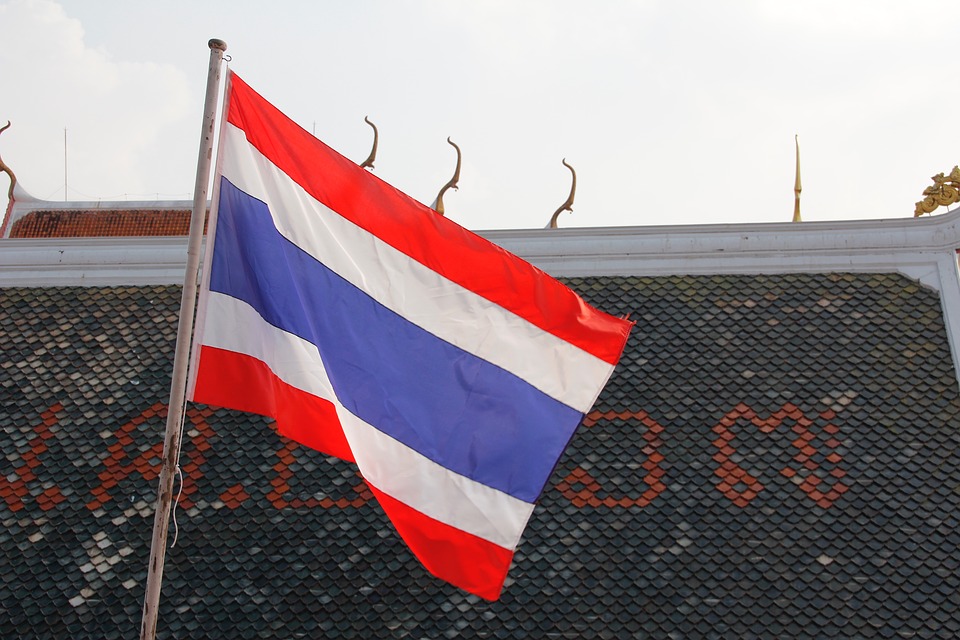Bad-faith applicants may be able to register and gain a registration prior to the legal owner filing their own application, which is a common problem with first-to-file trademark systems. In this scenario, the current trademark registration allows the bad-faith trademark owner to use the mark in the nation, as well as create and sell items, without being considered a counterfeiter. The actual brand owner is unable to commercialize their highly coveted items in the country due to the “legal fakes” issue. However, a recent Thai court judgment confirms that there is a remedy to this issue.
A promising solution for legitimate brand owners to secure their branding in Thailand
The case involves a well-known American apparel firm that intended to protect their trademark in the Thai market, only to discover that their mark had previously been registered by a single Thai applicant multiple times. Not only did the trademarks utilize the same term, but they also had the same typefaces, colors, and designs. Further investigation found that the registrant has submitted Thai trademark applications for a number of other globally known names, demonstrating a pattern of bad faith. The American brand owner felt confident in its ability to establish its case in court and chose to file a cancellation petition with Thailand’s Intellectual Property and International Trade Court to reclaim its trademark rights in the country (IP&IT Court).
The country’s Trademark Act authorizes rightful owners to seek brand cancellation on fundamental right grounds if the trademark has been registered for less than five years. Better right grounds is a basic notion that states that the real brand owner has a more valid right to use their own trademark than the previous registrant.
However, proving that the American clothes company had a more legal claim in Thailand remained a challenge. The brand has a huge international presence, however, there are no actual storefronts or authorized distributors in Thailand. Instead, the company emphasized its online sales and intensive marketing over the previous decade, demonstrating its superior trademark rights by displaying its mark on websites and social media, as well as online articles from well-known publishers.
Importantly, the American brand owner showed old editions of Thai publications from a decade ago, demonstrating Thai consumers consuming its products before the Thai registrant filed the registration. In view of the registrant’s history of registering the marks of other well-known firms, the detailed evidence was very convincing.
The IP&IT Court reasoned that the Thai registrant, who claimed to be in the business of producing and selling the same products, had to have seen the real American-branded products prior to registering for trademark registrations. As a result, the court determined that the American brand owner had a greater right to the trademark and ordered the Thai trademark application to be canceled.
When the registrant filed an appeal, the Court of Appeal for Specialized Cases upheld the IP&IT Court’s decision, stating that the Thai registrant was unable to provide evidence of its prior use of the mark, which should have been simple to do if its claim of having been in the business of manufacturing and selling the products was true. As a result, the American brand owner overcame the obstacles, and the cancellation order was maintained.
The Court of Appeal for Specialized Cases’ ruling is still pending, since both parties may choose to appeal to the Supreme Court. This ruling, on the other hand, shows a potential way for legitimate brand owners to protect their branding and reclaim their company in Thailand.
You can find the list of Thailand IP Firms here.

